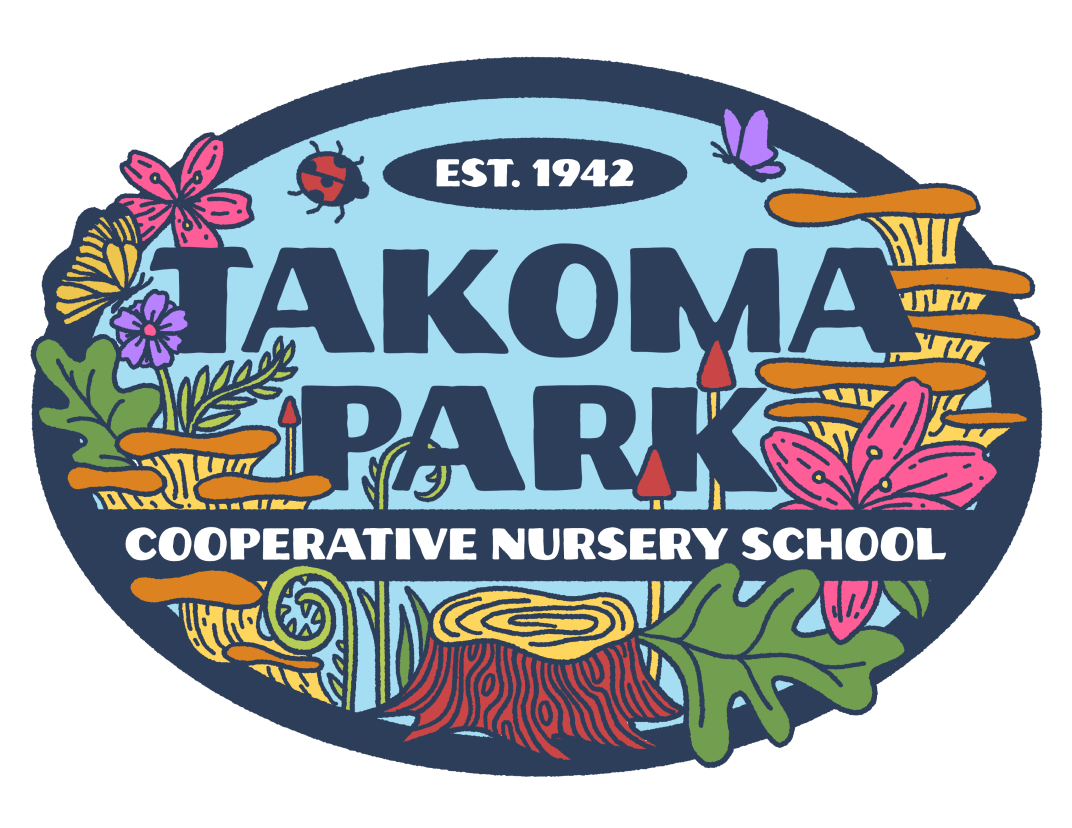I am...You are...More on The Power of Words
Along this line, a set of shared words vexes young children and still they are compelled to use them -- I call these most words. Anyone who has spent time in an early childhood setting will hear them and can easily identify the bristling and posturing that takes place as they are expressed, simple statements without any fully developed support or fact-based research, I am the fastest, I am the tallest, I am the oldest. What I mean by fully developed support is that in most instances these declarations pop up with only the tiniest thread of supporting data -- young children equate age with height; perceptions of speed are all in how fast the wind feels pulling on clothes as they run; and the desire to be is all that really matters.
In attempting to make sense of their worlds and their place in it, young children will compare and contrast characteristics between themselves and their peers. As educators, we are tuned in to this very natural and real part of their development. And as educators, we must think of ways to support this expression while channeling it to give way to a greater understanding and a more meaningful connection to self and others.
So here is what we did last week after a few sessions of most word statements being flung about and observing the reactions and actions in the group dynamic. We held a meeting. No surprises there! I explained that there are a collection of most words that end in est and we needed to brainstorm all the ones we know. There were quite a few stops and starts because hello, note to self: they are still developing phonemic awareness. Anyway, we collected a handful of words and then I asked them how they felt when I used these most words in "I am..." sentences. The class voted happy or sad for each phrase and you will love this...of course most children were sad when I said, "I am the biggest/oldest/fastest" but when I said, "I am the slowest," that was fine by them! After we were done, we talked about how when we change the words, I am to You are it makes us each feel differently about what is being said.
Now, words are powerful and even these most words hold a very important place in our communication. The important take-away here is for the children to gain an understanding about how these words, or rather these words in a particular context, make them feel. Our lesson isn't about eliminating the words or the context, but in figuring out how to respond to the words if they feel hurtful.
The first thing we had to do was give this context a name. We called it "Using a Most Word." We practiced saying, "Stop, you are using a most word and it is hurting my feelings." This gives the speaker a moment to reflect and it gives the listener a ready response for a bundle of mixed emotions. Of course, we can talk about ages, we can talk about speed, we can talk about height, but if we are given the time, space, and tools to respond and reflect, we are given the gift of power over words and a deeper connection to them and each other.
